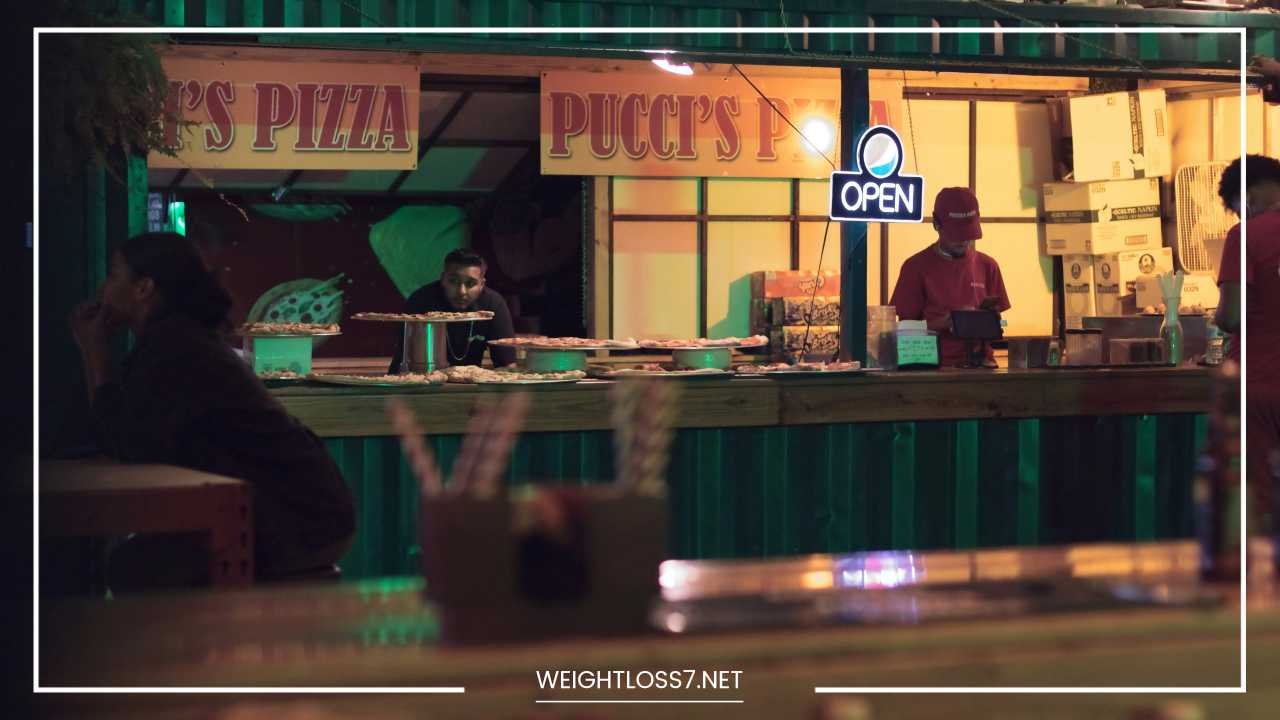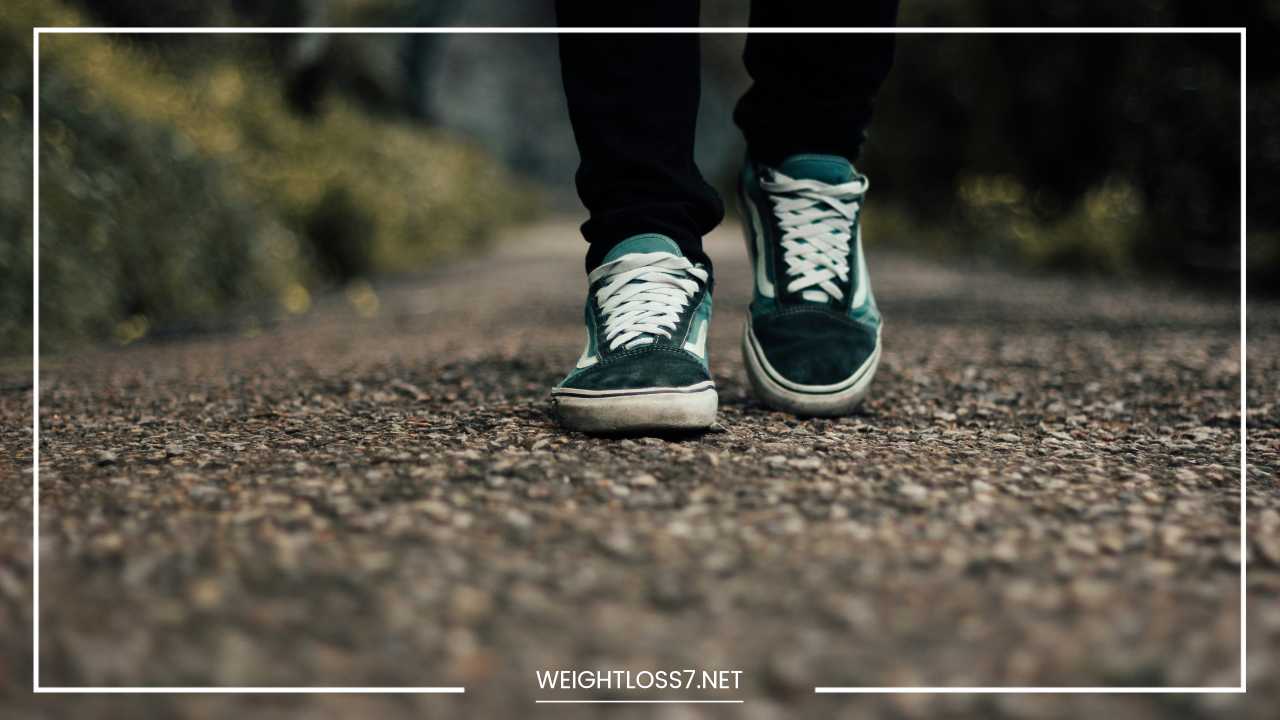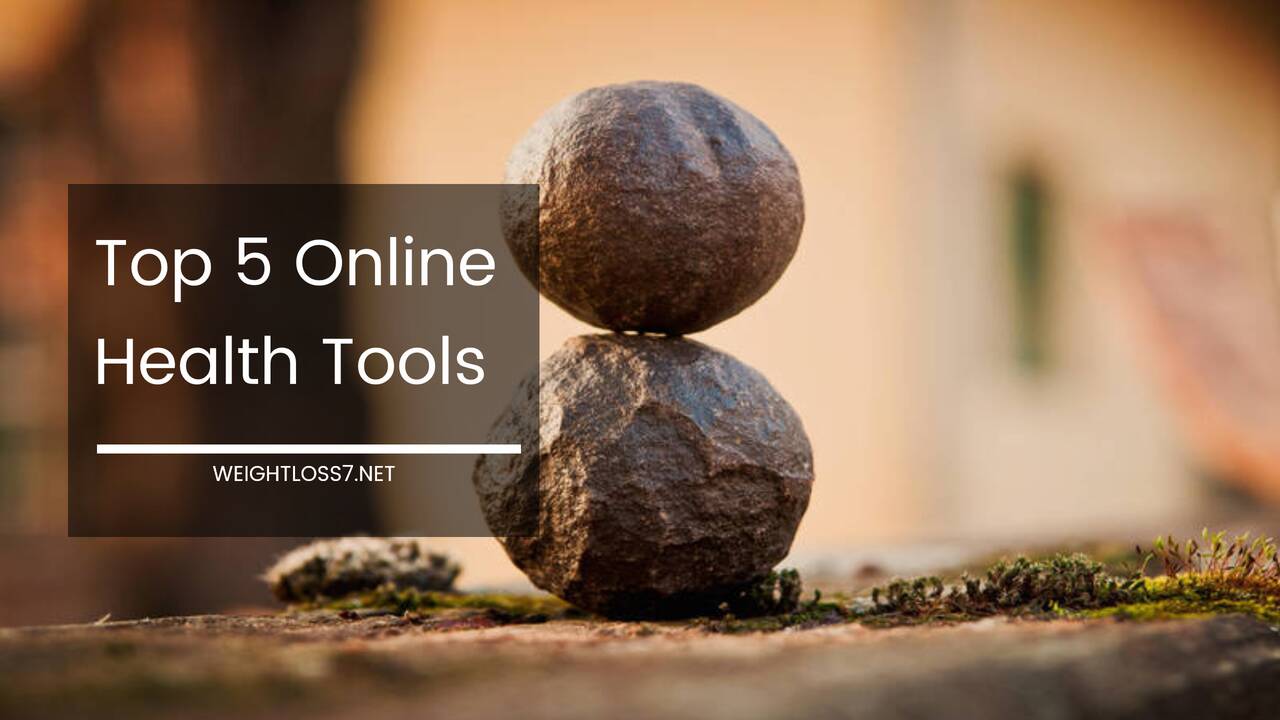Is It Bad to Eat Late at Night?

Martin Berkhan covered and disproved the myth that late night eating is bad for you here. I wanted to cover and highlight the research that I found most important.
One of the most common myths that populates health and fitness philosophy has to be that late night eating leads to more fat and higher numbers on the scale.
So, is it bad to eat late at night?
The idea that eating the majority of calories in a day later in the day leads to weight gain comes from the idea that because there is little to no physical activity being done at the end of the day, the food eaten at the end of the day will end up as fat.
On more subjective scale, this doesn’t necessarily make sense because regardless of when you eat your calories, your body has to process and deliver them to the necessary areas of the body.
Now, if late night eating isn’t inherently bad, then why does this myth exist and flourish?
Why does the late night eating myth continue to live on? Why does the question, is it bad to eat late at night, live on?
The common error that is present in this situation and many others in the health and fitness realm is mistakenly believing that correlation is causation.
The phrase correlation is not causation represents the idea that although two things may correlate, one is not necessarily the cause of the other.
In this situation, that phrase is represented because it is believed that because there are studies in which participants eat late at night and are overweight, that means that late night eating leads to being overweight. Once again, correlation is not causation.
I personally believe that working up a good appetite is a great appetizer to a meal, similar to the philosophy taught through Eat Stop Eat and Lean Gains.
Let’s check out the research on the question, Is it Bad to Eat Late at Night:
This study’s abstract explains its research which showed that eating in the morning and eating in the evening resulted in similar weight loss amounts, meaning that regardless of when calories are eaten, results are not different.
This study showed that when most carbohydrates were eaten in a dinner meal, there was greater weight loss. This study claims the complete opposite effect of late night eating than what the myth does.
This study’s research showed that even though weight loss was somewhat greater with the group that ate large morning meals, large evening meals preserved fat-free mass.
Moving on:
The point here is to look out for situations in which correlation can be mistaken for causation. Just because the majority of people believe something, it does not mean that it is true.
There is plenty of observational studies claiming that late night eating causes weight gain, but as shown above and in other research databases, there is plenty of research showing that evening eating doesn’t necessarily mean weight gain, and can in fact, offer some benefits.
I hope all this information has answered your question, is it bad to eat late at night.
My philosophy is to listen to your body and how it reacts to different eating patterns and styles because the only way to truly know what is right for you is to find out what is right for you.
I personally like to incorporate intermittent fasting into my routine, as explained in Eat Stop Eat and Leangains, but it may not be right for all.
I do prefer evening eating over earlier eating because this eating style allows me to power through the day and workouts while still making time for a nutrient filled tasty couple of meals near the end of the day. Once again, look into what is best for you, and then decide.

















